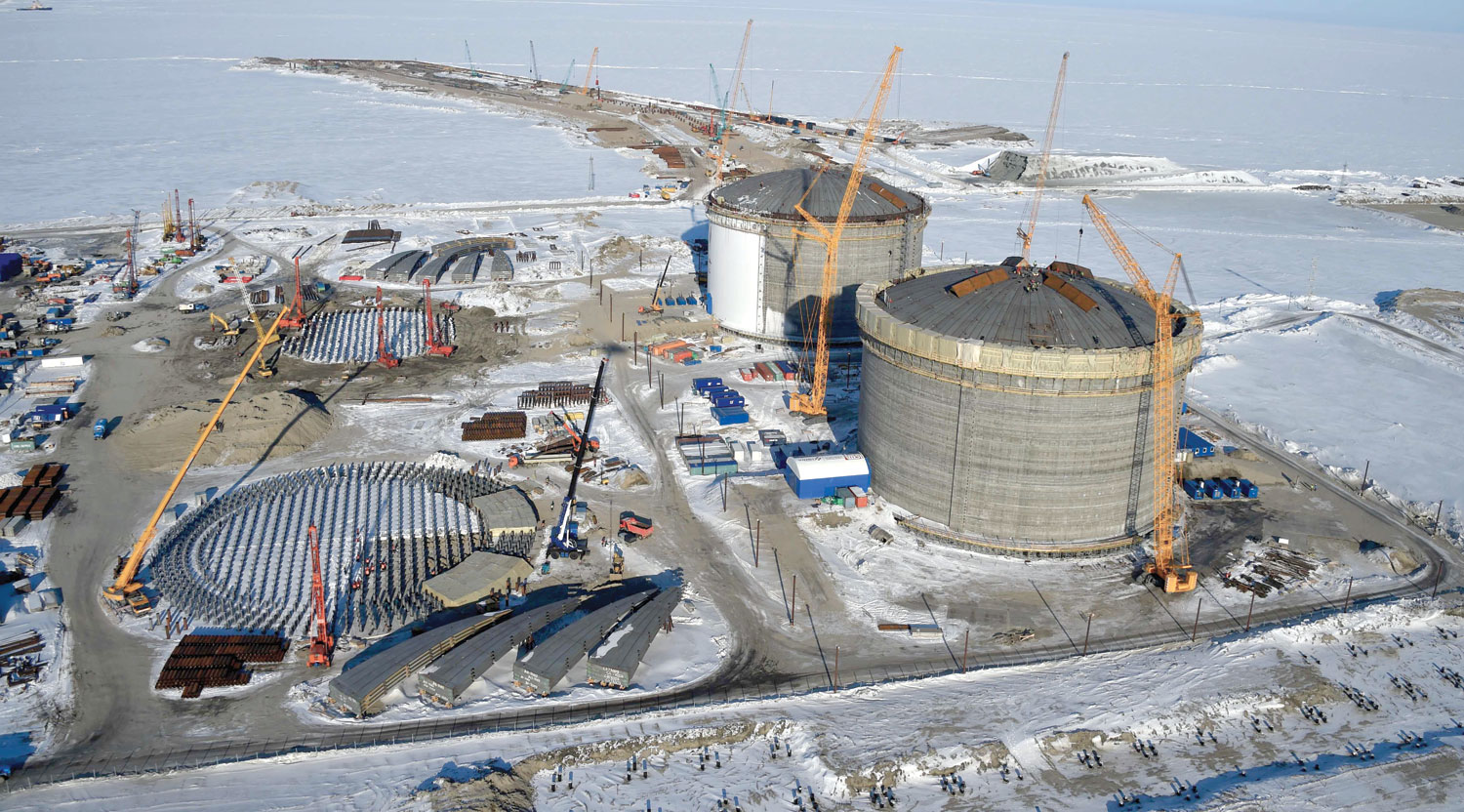

The world’s energy companies are being increasingly enticed by liquefied natural gas, thanks to an expected rise in global demand and the fuel’s flexibility when compared to costly, long-term pipeline projects.
France’s Total, which holds a 20 per cent stake in the Yamal project that went on line in the Russian Arctic, recently announced it was buying some of the LNG assets of Engie, another French energy firm, catapulting it into the number two spot in the sector.
Anglo-Dutch Shell is the top firm in the industry, having bought rival BG Group in 2016 for £47 billion (currently 53 billion euros, $63 billion).
“I do expect LNG demand to grow in the next few years for a number of reasons as part of the overall growth in demand for natural gas,” said Peter Hartley, a professor of economics at Rice University.
Demand is expected to increase as the need for energy grows along with the economies of developing nations.
It offers customers the advantage of polluting less than coal or oil and can provide power when renewables such as wind or sun do not produce enough energy.
The International Energy Agency (IEA) forecasts a 45 per cent rise in natural gas consumption in the coming quarter century.
It expects developing nations in Asia, Africa, Latin America and the Middle East to account for 80 per cent of that increase.
Liquefied gas offers numerous advantages for energy firms.
When natural gas is chilled to the point that it liquefies, it shrinks considerably in volume, making it more convenient to transport by ship.
It also offers more flexibility than pipelines, said Thierry Bros, a senior research at the Oxford Institute for Energy Studies.
“When you are an LNG supplier you go where the market tells you to go,” said Bros.
“With LNG you can’t make a mistake,” he said, while for pipelines, companies must invest huge sums of money and enter into long-term contracts with clients who may later not want to buy as much gas.
That flexibility is also valued by client countries.
“Many countries are looking to LNG as a more secure source of natural gas imports than pipelines,” said Rice University’s Hartley.
“LNG can be imported from many different potential suppliers while a pipeline tends to tie suppliers and customers to one another.” — AFP
Oman Observer is now on the WhatsApp channel. Click here



